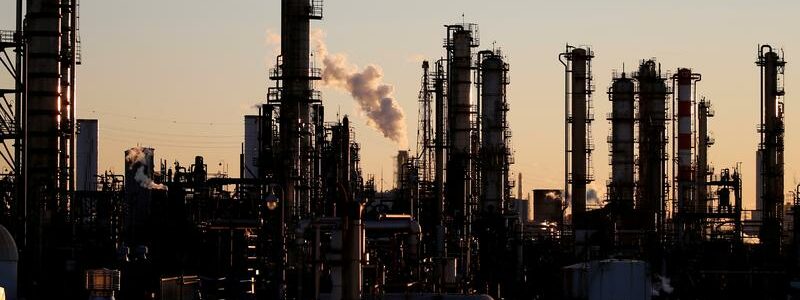
Asia's factory recovery picks up but cost pressures emerge
TOKYO (Reuters) – Asia’s factories stepped up production in March as a solid recovery in global demand helped manufacturers move past the setbacks of the pandemic, although rising costs are creating new challenges for businesses in the region.
A series of upbeat factory surveys released on Thursday reinforce market optimism that vaccine rollouts, as well as strong growth in global powerhouses like the United States and China, will help economies emerge from their sharp downturns of 2020.
Japan and South Korea saw factory activity expand in March thanks to solid demand at home and abroad, purchasing manager indexes’ (PMI) showed, offering relief to policymakers facing pressure to speed up a patchy recovery.
“South Korean manufacturers continued to signal strong optimism as the rollout of COVID-19 vaccinations began and demand for new products accelerated,” said Usamah Bhatti, economist at IHS Markit.
China’s factory activity in March expanded at the slowest pace in almost a year, though underlying economic conditions remained positive.
The Caixin/Markit Manufacturing PMI, which focuses on smaller firms, dropped to 50.6 in March from February’s 50.9, missing market expectations.
The private-sector survey came after Wednesday’s release of the official manufacturing PMI that showed Chinese factories cranking up production after a brief lull during the Lunar New Year holiday.
Activity in big, export-reliant economies stayed brisk.
The final au Jibun Bank Japan PMI rose to a seasonally adjusted 52.7 in March from the previous month’s 51.4 reading, marking the fastest expansion since October 2018.
South Korea’s PMI stood at 55.3 in March, with activity expanding for a sixth straight month.
Manufacturing activity also accelerated in Taiwan, Vietnam and Indonesia, the March PMI surveys showed. Malaysian activity continued to decline but at a slower pace.
There were some signs rising prices were straining firms, however, clouding the outlook for Asian economies.
Although supply chain disruption related to previous COVID-19 outbreaks eased, China’s Caixin survey showed factories reporting a sharp increase in input costs.
“We should pay attention to inflation in future as the gauges for input and output prices have been rising for several months,” said Wang Zhe, Senior Economist at Caixin Insight Group.
“The growing inflationary pressure limits the room for future policies and is not a good thing for sustaining an economic recovery in the post-epidemic period.”
Source: Read Full Article